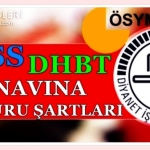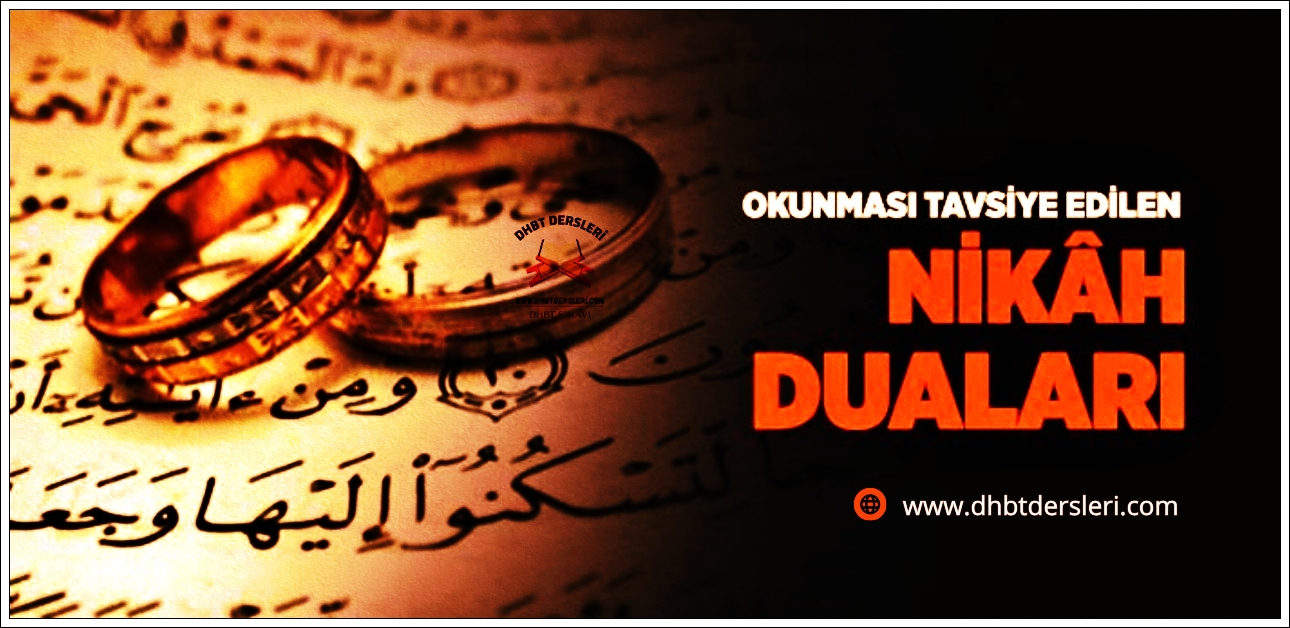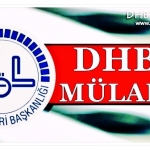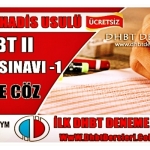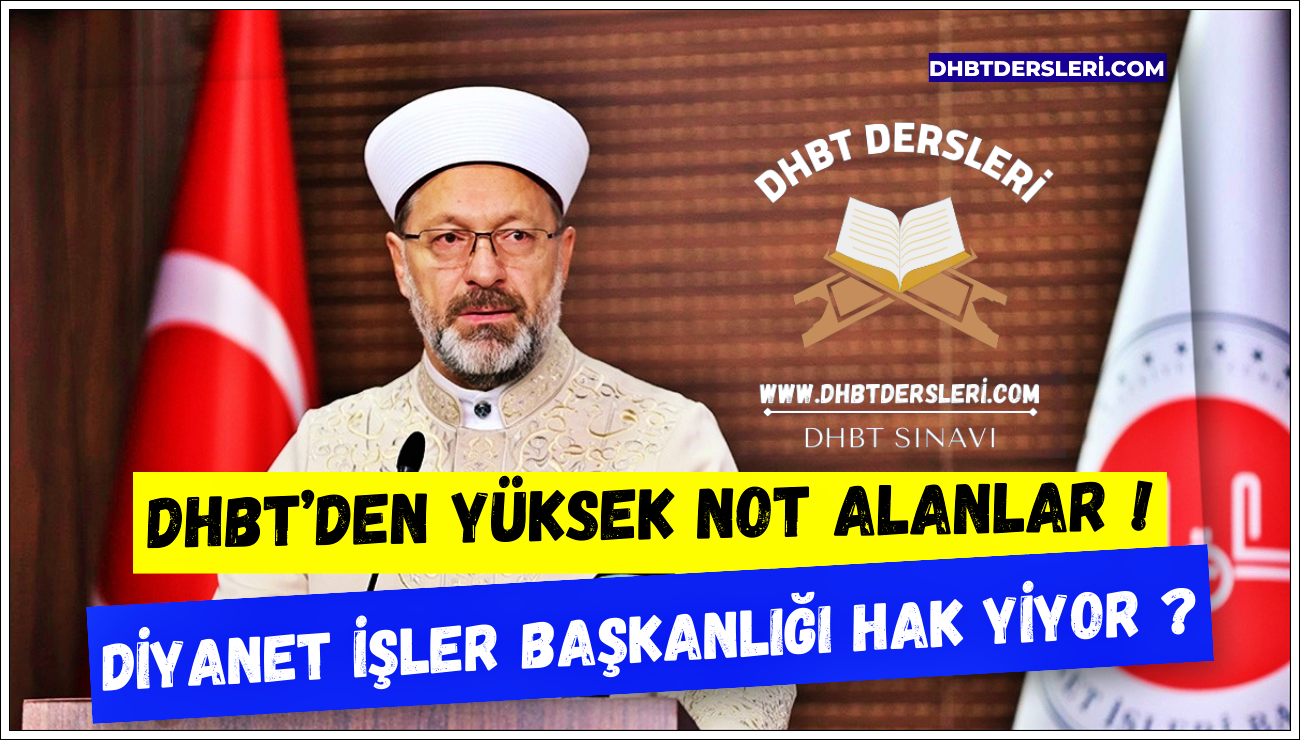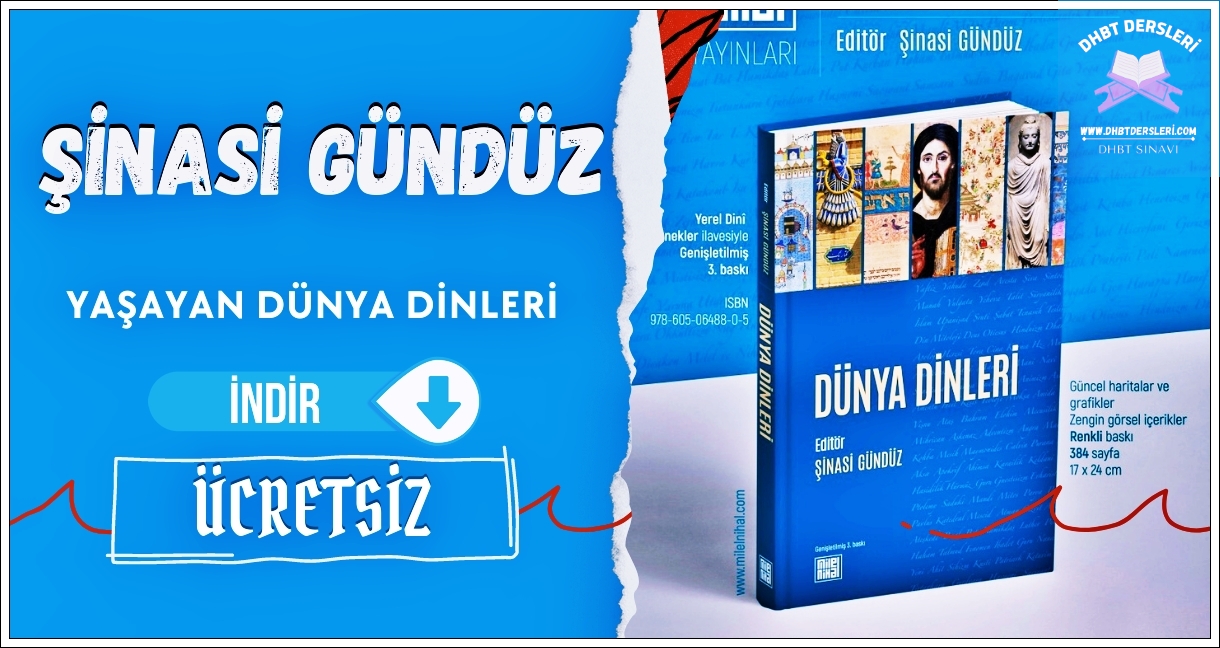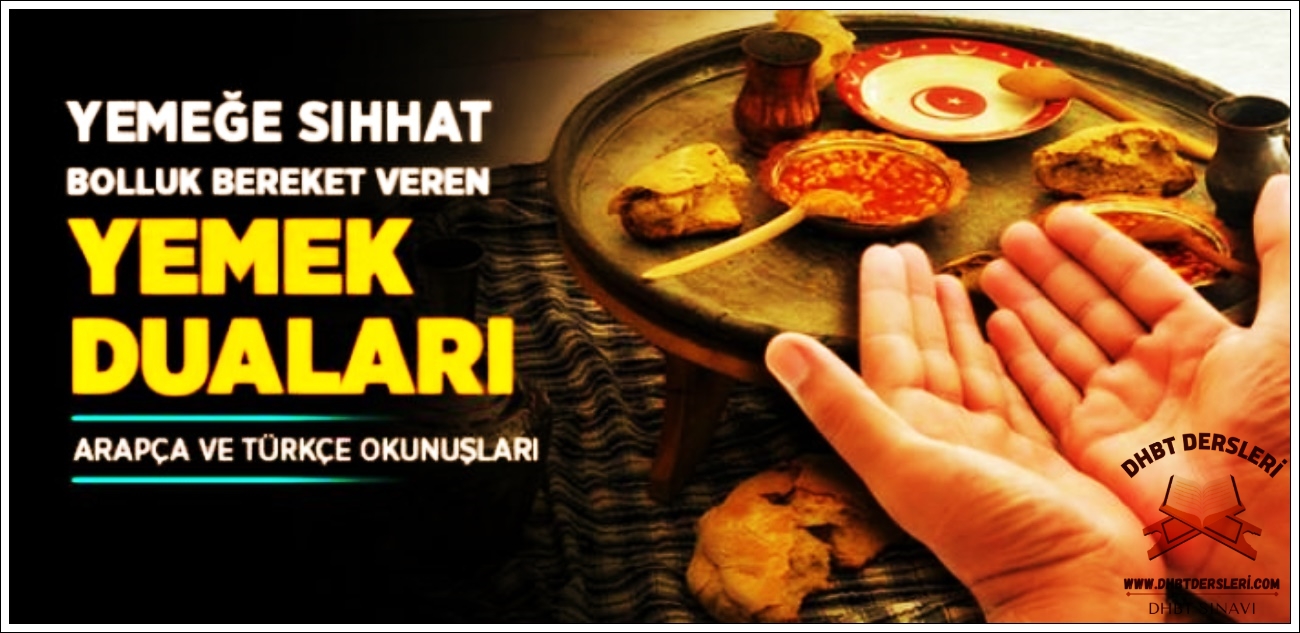In this aforementioned verse, there are four names that God selected and raised above all mankind: 1. Adam; 2. Noah; 3. The family of Imran; 4. The family of Abraham.
First Stage: Divine Selection and Becoming a Candidate
1. Adam: Adam was the fi rst of his kind; therefore, he was not selected from among his own kind. Rather, he was selected from all creation. His selection is symbolic of the selection of all mankind. God Almighty chose mankind from among all His creation with Adam and gave the trust to them; or rather, mankind took the trust upon himself. And our Lord made the human being to be His representative on earth (chapter 2, verse 30).
This prestigious duty raised mankind up to the level of the most honored of all creation. Humans are appointed to this position, prevailing over other responsible creations, like the jinn and the angels, and the non-responsible creations like the sky, the earth, the mountains, and the seas.
Therefore, Adam’s selection is not on just his personal standing, but rather a general representation. Noah, the families of Abraham and Imran, and all other human beings are direct recipients of this general selection.
2. Noah: Noah is perceived as the second father of mankind. Noah was ordered by God to lead mankind to the original natural standing of Adam. During his time, people had already abandoned Adam’s legacy and had gone astray, degrading themselves by worshipping their own kind, stone idols, wealth, and property. God was not pleased with this degeneration and brought remembrance back to the original state of man through straightening things out by Noah’s hands.
The selection of Noah is not only about his personal qualities, but also about the qualities of the human race that descended from him. Since this individual is known as the second father of mankind, his selection was also the selection of his descendants.
3. The family of Abraham: Abraham, whose family God elevated, is known as the father of the prophets. The lineage of prophets from Jacob, Joseph, Moses, and Aaron (peace be upon them all), up to prophet Jesus can be traced to Abraham through his son Isaac. The lineage that comes from Ishmael to Muhammad also reaches back to Abraham. That is why the last prophet, Muhammad, speaks of Abraham as “my ancestor.”
4. The family of Imran: This family consists of Imran, son of Masan; Imran’s wife, Anna, the daughter of Fakuz; their daughter Mary; and grandson Jesus. God chose this family because of Anna’s devotion to her Lord after she dedicated to God while still in her womb.
Now, were these selections based on lineage? The answer is no. Prophets are the best trainers and best examples, which can give a young family member a head start, but lineage is not enough. God-consciousness is the most important factor.
The Quran makes clear that a person can achieve superiority only through God-consciousness, not through the advantages of family heritage, lineage, race, or gender.
If selection were based on lineage, no member of mankind could have been selected. This is because the two individuals mentioned in the verse we’re discussing, Adam and Noah, are the ancestors of mankind. Candidacy for divine selection is open for everyone, as everyone is a descendant of Adam and therefore everyone shares an equal opportunity. In addition, in the cases of Imran and Abraham, if we take lineage as the reason for their selection, then the aforementioned families’ descendants would also have to be selected. However, again, we understand from the Quran that this is not the case. Here is Abraham’s request for his future descendants to be blessed, and the divine reply:
“And remember this: when his Sustainer tried Abraham by [His] commandments and the latt er fulfi lled them, He said: ‘Behold, I shall make thee a leader of men.’ Abraham asked: ‘And wilt Thou make leaders of my off spring as well?’ [God] answered: ‘My covenant does not embrace the evildoers.’ ” (Chapter 2, verse 124)
Yes indeed, God’s promise is not inclusive of the evildoers even if they may be descendants of a prophet. This is true even if a prophet may have prayed for them and his prayers are accepted. The Lord has mentioned of tests prophets Adam, Noah, and Abraham were put to by their closest relatives. Adam was put to a test by his son Cain, Noah by his wife, and Abraham by his father.(10 -10 Interestingly, we note here that while some of the names we’re mentioning faced tests from a spouse or parent, all four who are in the verse under discussion on the story of devotion were put to test through their off spring. The fi rst two, Adam and Noah, tested the deep sadness by ultimately losing their sons Cain and Canaan. The last two, the families of Abraham and Imran, on the other hand, gave this test positively by off ering up their beloved children Ishmael)
Despite the fact that these people were and Mary at a very young age for the sake of God. For this reason, while Adam and Noah are mentioned as individuals, Abraham and Imran are mentioned as families. Chapter 3, verses 33- 34, sum up this subject: “Behold, God raised Adam, and Noah, and the House of Abraham, and the House of Imran above all mankind in one line of descent [spiritually and ethnically]. And God was all-hearing, all-knowing.”) so close to God’s messengers – the fi rst a son of a prophet, the second the spouse of a prophet and the third the father of a prophet – they consumed themselves in denial. Having close ties to a prophet was not enough to save them. This shows the futility of a nationalist or racist mentality. Individual deeds are what matt ers.
The reason for divine selection should be looked for in belief rather than lineage. In other words, one should look for sons of the same road, not sons of the blood. Within this framework, all disbelievers are kin, and likewise, all believers are kin. The lineage that matt ers would be the lineage of religion, not family. Any believers who deserve to be chosen from their contemporary time are from each other. They are members of the same line of belief and the same goal. The diff erences in time, location, race, and color do not alter this reality.
This is valid not only theologically, but anthropologically as well. Actually, in terms of lineage Noah is of Adam, Abraham is of Noah, Aaron is of Abraham, Imran is of Aaron, and Jesus is of Imran; from another branch, Ishmael is of Abraham and Muhammad is of Ishmael. The word “by lineage” in the verse reinforces semantically what we said here. The word “zarrah,” meaning “atom,” is derived from the same root.
Theologically, all believers are like one soul consisting of atoms, while mankind is an object consisting of atoms. We understand the phrase “from each other” to have a theological meaning too because of some other verses utt ered in the same format. For instance, the Quran says, “And [as for] the believers, both men and women, they are close unto one another” (chapter 9, verse 71). Then it says for Jews and Christians: “they are but allies of one another” (chapter 5, verse 51).
The same is mentioned for the hypocrites: “The hypocrites, both men and women, are all of one kind” (chapter 9, verse 67).( 11- 11 Katade, a scholar from the second generations of Muslims after the last prophet, says in his commentary that they are surely from one another in sincerity, good deeds, intention, faith, and mentality.)
The logic of faith is one, and so is the logic of dissension. They do not change in accordance with time and place. The parable in Anna’s action is applicable to anyone with the same intention and goal. As long as mankind exists, there will be courageous mothers believing in Islam and maintaining this line. People can become allies of Anna by embracing the act of this woman whom the Quran chose, and also by embracing the same goal, intention, and style.
In accordance with the law of God, the same causes will bring forth the same results. In order to raise brave leaders who can restore corrupt societies back to their pure origins, the process of devotion should be started. This process is started by devoters aiming to generate candidates for divine selection. The candidates of course will be chosen from amongst the inheritors of the book.
The Quran mentions this: “And so, We have bestowed this divine writ as a heritage unto such of Our servants as We chose: and among them are some who wrong their own souls; and some who keep a middle course; and some who, by God’s leave, are foremost in good deeds: [and] this, indeed, is a merit most high!” (Chapter 35, verse 32)
This selection will keep going as it was in the past: by replacement of ones who are once chosen but broke the promise with the ones who are deserving to be chosen as candidates. “Art Thou not aware that God has created the heavens and the earth in accordance with [an inner] truth? He can, if He so wills, do away with you all and bring forth a new creation [in your stead] nor is this diffi cult for God.” (Chapter 14, verses 19-20)
If the chosen ones act as befi ts their heritage with good deeds and faith while conveying the message, throughout their life struggles, and recommend good and discourage evil, then they will be worthy of being chosen to carry the torch of righteousness. The result would be glad tidings – good news – just as in the devotional process of Anna, Mary, and Jesus the mother, child, and grandchild.
These names given in the Quran are the ones chosen as symbols of the best “devoter” and “devotee” of all times. There is no doubt that there have been others chosen over their contemporaries before and after these names. For example, other prophets are mentioned of as being raised above all mankind:
“… [upon] Ishmael, and Elisha, and Jonah, and Lot. And every one of them did We favour above other people.” (Chapter 6, verse 86) It is understood from this evidence that the people mentioned are the leaders who deserved to be chosen from amongst the candidates of their times. They performed their prophetic duties within their societies. Mankind is advised to take them as examples. The ones who follow these exam ples are advised to devote themselves in the same way. Then there will be selections from among the people who will inherit the revelation in their society. The people who have the responsibility of conveying the message can be evaluated in three categories, as mentioned in chapter 35, verse 32:
1. “Among them are some who wrong their own souls” – that is because they have neglected their duties of protecting the book and applying it to life. Despite betraying the trust put on them, they falsely assume themselves to be among the People of the Book (Quran). This person, who is a member of the community that God has chosen to protect his book, does injustice to his own soul because he behaves like an extravagant heir and acts unfaithfully toward the divine trust.
2. “And some who keep a middle course.” They are not the leaders in good works; neither like Anna with her act of devotion, nor like Mary to be dedicated to God, nor like Jesus to be the good news. They do try to submit and serve the devoters and the devoted ones alike. They do not treat the divine trust wrongfully. They may not have the strength to run; however, at least they do not act like the fi rst group in blocking the road of the ones determined to persevere in doing good.
3. “And some who, by God’s leave, are foremost in good deeds. That is the great favor.” This group is the one that we have been discussing from the beginning. They are the ones who emerged from the chosen heirs to the book and became nominees for the candidacy of divine selection. They are the ones whom the Quran mentioned “to be amongst your society” as the group to be the devoted and faithful. “But it was Our will to bestow Our favor upon those [very people] who were deemed [so] utt erly low in the land, and to make them forerunners in faith.” (Chapter 28, verse 5)
Now it is time to answer the question we asked earlier: “What is the reason of divine choice?” The Quran answers it for us: “God was all-hearing, all knowing when the wife of Imran prayed: ‘O my Sustainer! Behold, unto Thee do I vow [the child] that is in, my womb, to be devoted to Thy service. Accept it, then, from me: verily, Thou alone art all-hearing, allknowing! ” When Imran’s wife devoted without hesitation her only sweet baby for sake of her Lord … yes, right at that moment an astounding process started, as if the order was given to hit the gong to mark the event. Time forgot itself. The angels held their breath.
Pens of the Heavens registered this as breaking news and brand-new history began to be writt en by the Owner of the past and future. Yes “when she said …” After this phrase is pronounced, there is a need for an answer. So, one may ask, “What happened when Imran’s wife said this?” We fi nd the answer in the verse 33 at the beginning: “Behold, God raised the House of Imran above all mankind.”(12-12 As reported by Zajjaj) Indeed, a proper devotion happens to be the starting point of serious events that changed the destiny of the world.
While Anna was giving her sincere devotion, how on earth could she know that she was changing history by turning it upside down and writing a new one?
How would she know she was to close an era and open another?
How would she know her devotion was to be the recipient of a magnifi cent miracle that would astound people and leave their mouths wide open in wonder?
Again, how would she know her action was to start a process that would bring such a glad tiding as Jesus?
And how would she know the process starting with her prayer would bring such a prophet like John the Baptist, and he was to be so devoted to his faith and duty that he never gave up until he had given his life for it?
She did not know these things. She did not know during her lifetime and could not foresee any of the future. Without seeing any of these things, she made her dedication to the highest authority (her Lord), seeking refuge from evil and those who commit evil. While being honorable throughout her life, she worried about whether her dedication was accepted until she passed away herself.
She did not do this action with knowledge, but with love; not with logic, but by heart. If she knew all these things, her knowledge might have won over her love or her logic over her heart. If it happened so, she might have not gone through with her act of devotion. Indeed, she could not have completed it, because what she devoted was neither material property nor even a part of her body – it was part of her soul.
Yes, the reason for the divine choice was very clear and open: When the wife of Imran prayed: “O my Sustainer! Behold, unto Thee do I vow [the child] that is in, my womb, to be devoted to Thy service. Accept it, then, from me: verily, Thou alone art all-hearing, all-knowing!” Then “God raised the house of Imran above all Mankind.”This was God’s way, which has no fault, nor is it mere coincidence. This was the reason for divine selection. This was the most fascinating example of the articles in God’s selection.
This was the sign of the fact that major changes come after major blessings, and major blessings come with major sacrifi ces. How could a society be saved when its children are devoted to wrong goals, contemporary false gods – the world, career, money, opposite gender, gold, and silver, instead of
the way of God?
Within such a society, the measure of leadership would indeed be false measures or values fame or rank, and not values like knowledge, faith, deeds, sincerity, or sacrifi ce. If the saplings that are to be nominees for leadership in Islam have dried up, then the ones who embrace the appealing colorful plastic fruits in the fake saplings deserve to be cheated. This is especially true in societies where people dedicate themselves to their children and then dedicate their children to a short worldly life, and postpone ever thinking about God – and think this makes an ideal life.


